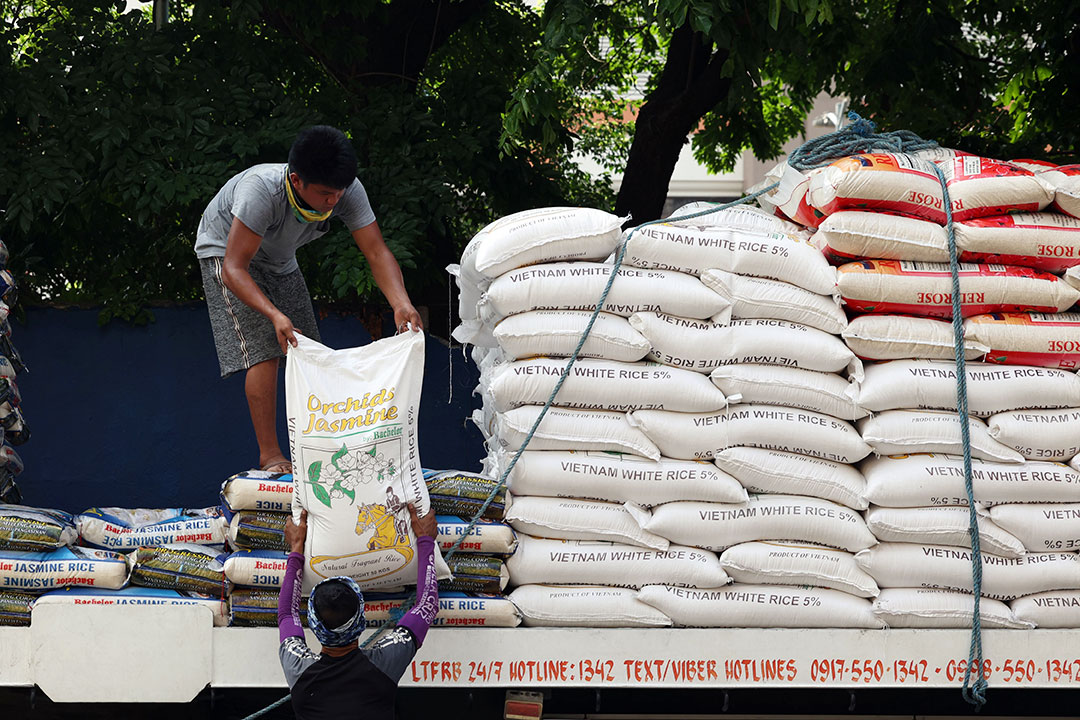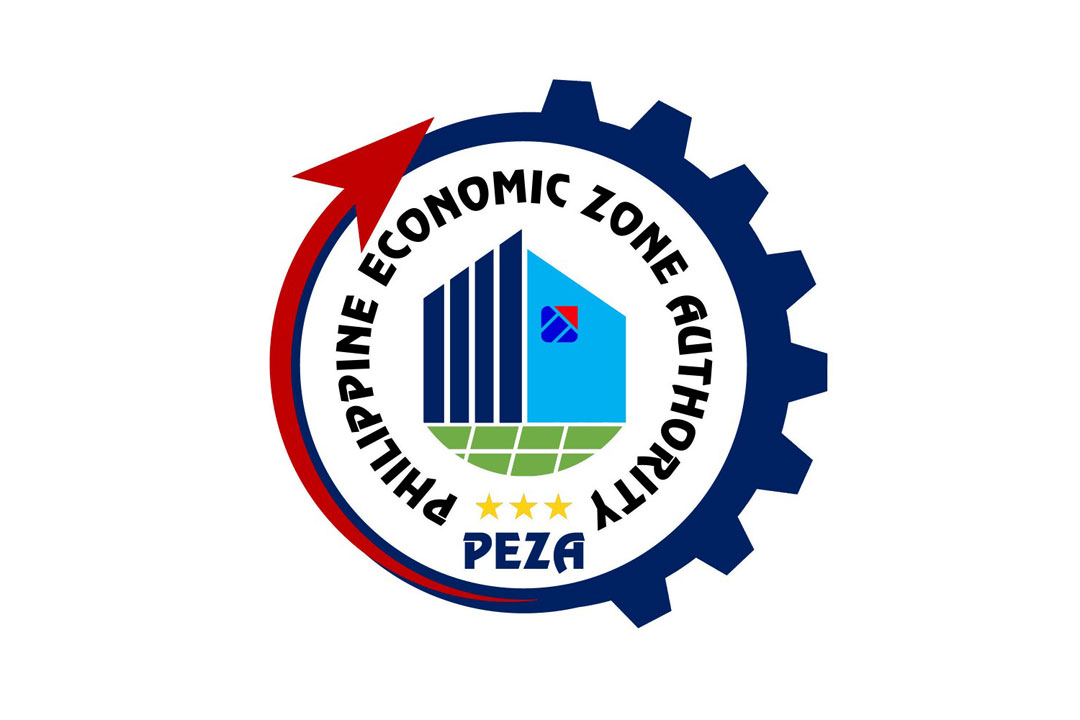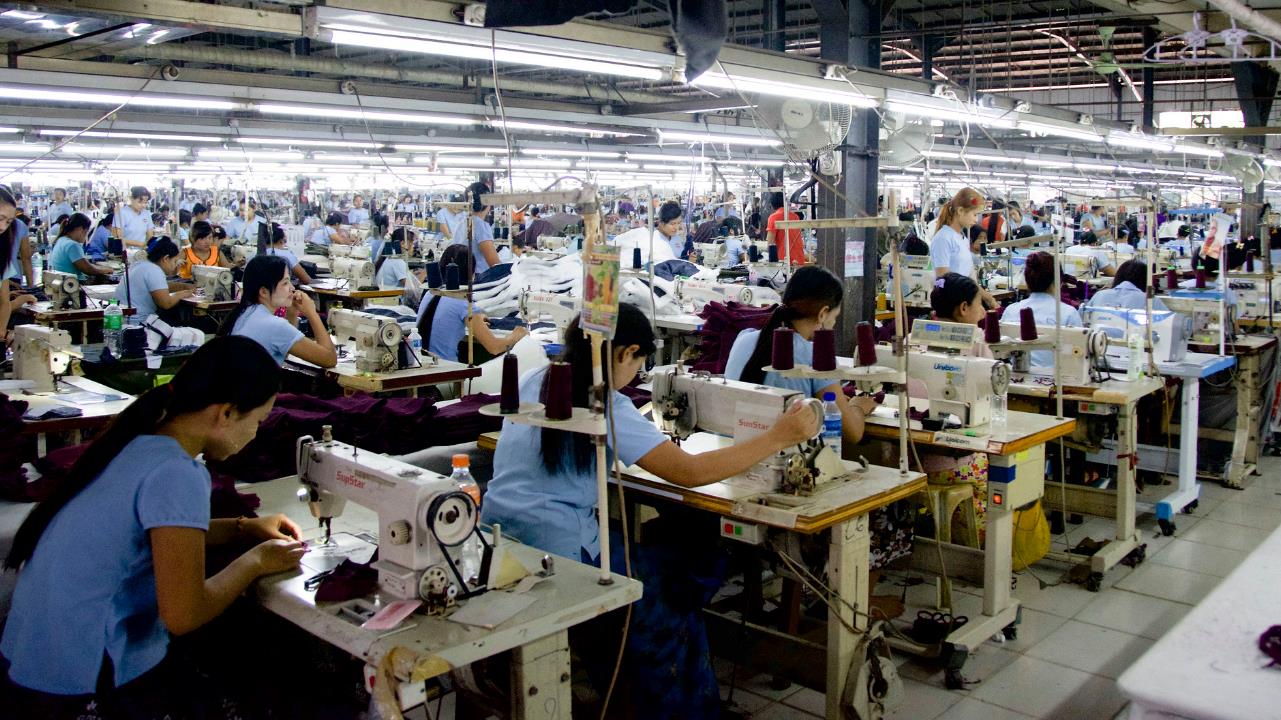
Upgrade to High-Speed Internet for only ₱1499/month!
Enjoy up to 100 Mbps fiber broadband, perfect for browsing, streaming, and gaming.
Visit Suniway.ph to learn
Jean Mangaluz - Philstar.com
April 29, 2025 | 4:57pm
MANILA, Philippines — In the face of a world increasingly leaning toward protectionist policies, the Philippines, along with other middle-income countries (MICs), is pushing for multilateralism and broader global cooperation.
The group, composed of Armenia, Belarus, Chile, Colombia, Costa Rica, the Dominican Republic, Ecuador, El Salvador, Guatemala, Honduras, Jamaica, Lebanon, Mexico, Morocco, Namibia, Panama, Peru, the Philippines, and Uruguay, has dubbed itself a like-minded coalition of MICs and has adopted the Makati Declaration, which outlines the shared vulnerabilities and challenges faced by nations within that income bracket.
Key aspects of the declaration include a call for adopting progress measures beyond gross domestic product, improving debt instruments and gaining better access to climate adaptation financing.
The MIC meeting comes on the heels of the United States' growing protectionist policies, which have affected the global economy. US President Donald Trump has declared sweeping tariffs on many of its trade partners, including the Philippines, which is currently facing a 17% tariff on its exports to the US.
Department of Economy, Planning, and Development (DEPDev) Secretary Arsenio Balisacan emphasized that nations are increasingly recognizing that acting as a united group makes them stronger.
“Acting as a group can accept and achieve more outcomes, better outcomes, at least globally, compared to a situation where one country is just pushing its own agenda in the global arena. So it gives a breath of fresh air, in a way, to multilateralism,” Balisacan said in a press briefing in Makati where the declaration was adopted.
“We are acting as one, we are pushing for a return to a regime where countries can expand their markets, can access trade, finance, technology, in fairer situations,” he added.
Balisacan explained that the Philippines, being a small country, has a domestic-driven economy but still relies on investment and exports to sustain growth.
Armida Salsiah Alisjahbana, Executive Secretary of the United Nations Economic and Social Commission for Asia and the Pacific, pointed that many developmental challenges, such as climate change and disasters, transcend national borders.
“To address that kind of development challenges, you need, or you require collaboration, cooperation across countries. It may be the collaboration with adjacent countries, or it may also require cooperation among the like-minded countries, depending on the nature of the problem, challenges, or issues,” Alisjahbana said.
Alisjahbana noted that the timing of the Makati Declaration is opportune.
When asked if the declaration addressed the US' tariff imposition, Foreign Affairs Secretary Enrique Manalo explained that the declaration takes a broad approach. It includes 53 provisions covering various topics such as development financing, human and social development, the environment, climate change and more.
Balisacan said that the group consists of diverse countries, each with its own set of economic needs, particularly in light of the respective tariffs they face.

 7 hours ago
1
7 hours ago
1



